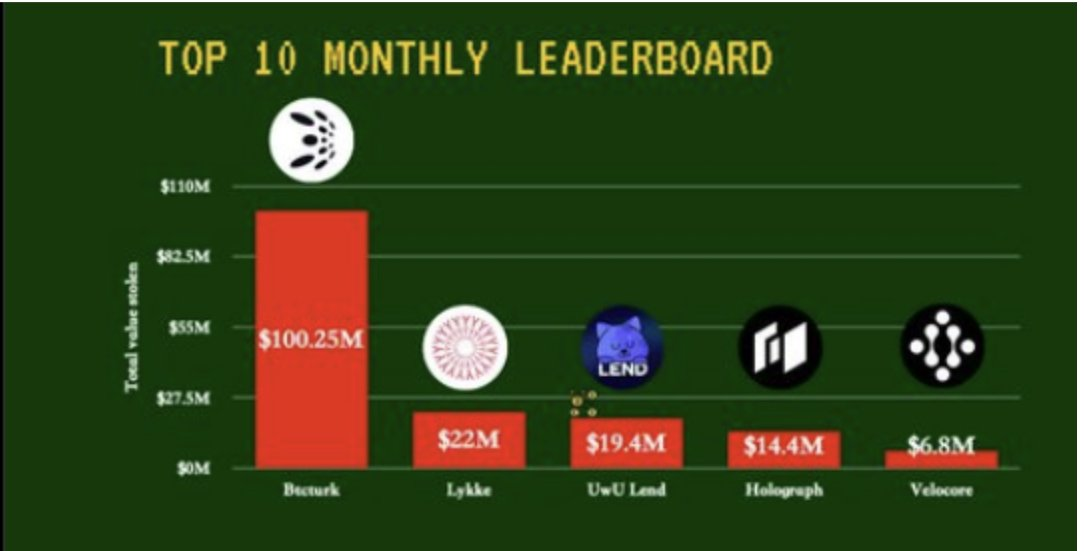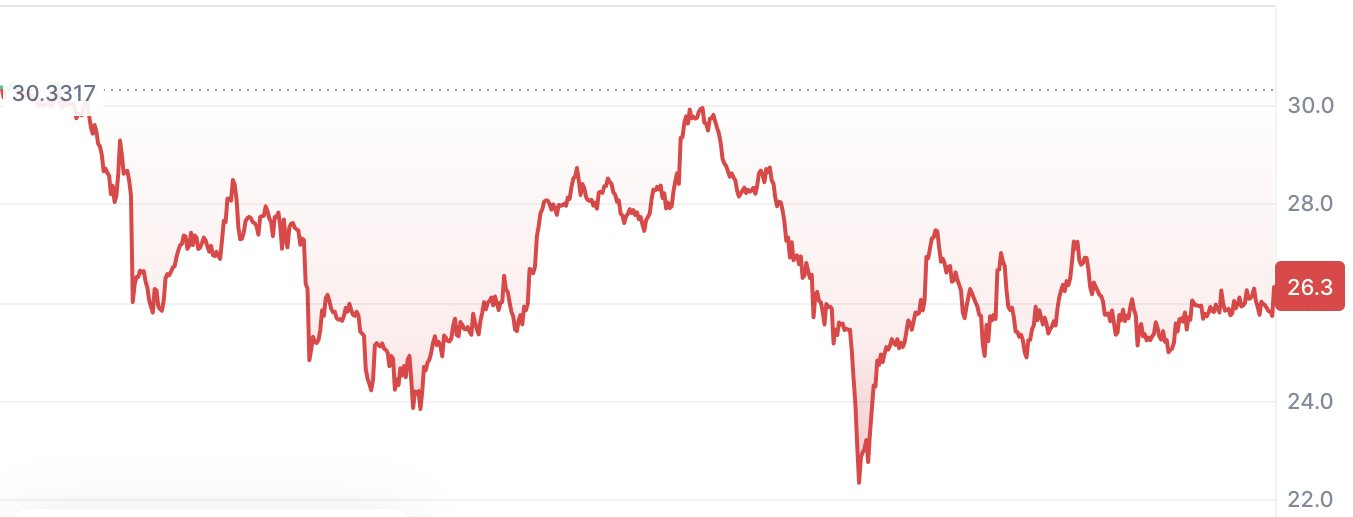In June 2024, nearly 200 million were lost to exploits, hacks, and scams. The top five victims include Btctruk: $100.25 million (CeFi), Lykke: $22 million (CeFi), UwULend: $19.4 million (w/o $3.75 million in arbitrage) (DeFi), Holograph: $14.4 million (DeFi), and Velocore: $6.8 million (DeFi).
These attacks, ranging from exploits to flash loans and exit scams, have left an impact of $171.3, $23.5m, and $4.8m, respectively, with only $1.3 million recovered. Data from PeckShield also reveal that over 20 hacks were recorded in June, resulting in losses of $176.2 million, which is 54.2% lower than May 2024, with an estimate of $385m in hackers' profits.
These attacks, ranging from exploits to flash loans and exit scams, have left an impact of $171.3, $23.5m, and $4.8m, respectively, with only $1.3 million recovered. Data from PeckShield also reveal that over 20 hacks were recorded in June, resulting in losses of $176.2 million, which is 54.2% lower than May 2024, with an estimate of $385m in hackers' profits.

Major Incidence Overview
BtcTurk, for instance, Saw an attack On June 22, 2024, that targeted its hot wallets containing ten different cryptocurrencies. In response to the breach, the exchange halted all cryptocurrency deposits and withdrawals to mitigate the impact. The attack caused a 10% drop in the price of AVAX, with significant amounts of AVAX being moved to Coinbase and THORChain and subsequently sold for Bitcoin. Binance played a huge role in curtailing the incidence by seizing over $5.3 million of the stolen funds.

Before the incident with BtcTurk, the Lykke exchange was forced to halt withdrawals after suffering an exploit that resulted in a loss of $22 million. However, the internal team claimed that they had identified the attacker's IP addresses during their investigations.
The UwU Lend Protocol is one of the projects that took a big hit in June. About 19.7m was stolen due to an identified vulnerability, which was unique to the sUSDe market oracle. According to the team, the vulnerability has now been 𝗿𝗲𝘀𝗼𝗹𝘃𝗲𝗱.
In the second quarter of 2024, cryptocurrency losses due to hacks and scams totaled over $572 million, reflecting a significant increase from the first quarter. This surge in losses was primarily attributed to attacks on centralized finance (CeFi) infrastructure, as well as incidents involving compromised private keys, code vulnerabilities, and phishing attacks. These trends highlight the areas of need for heightened security measures to prevent such attacks in the future.